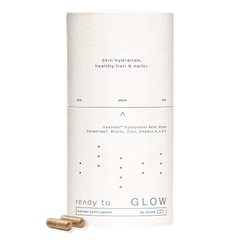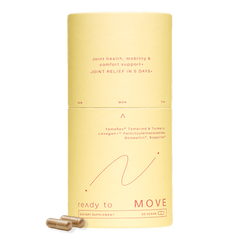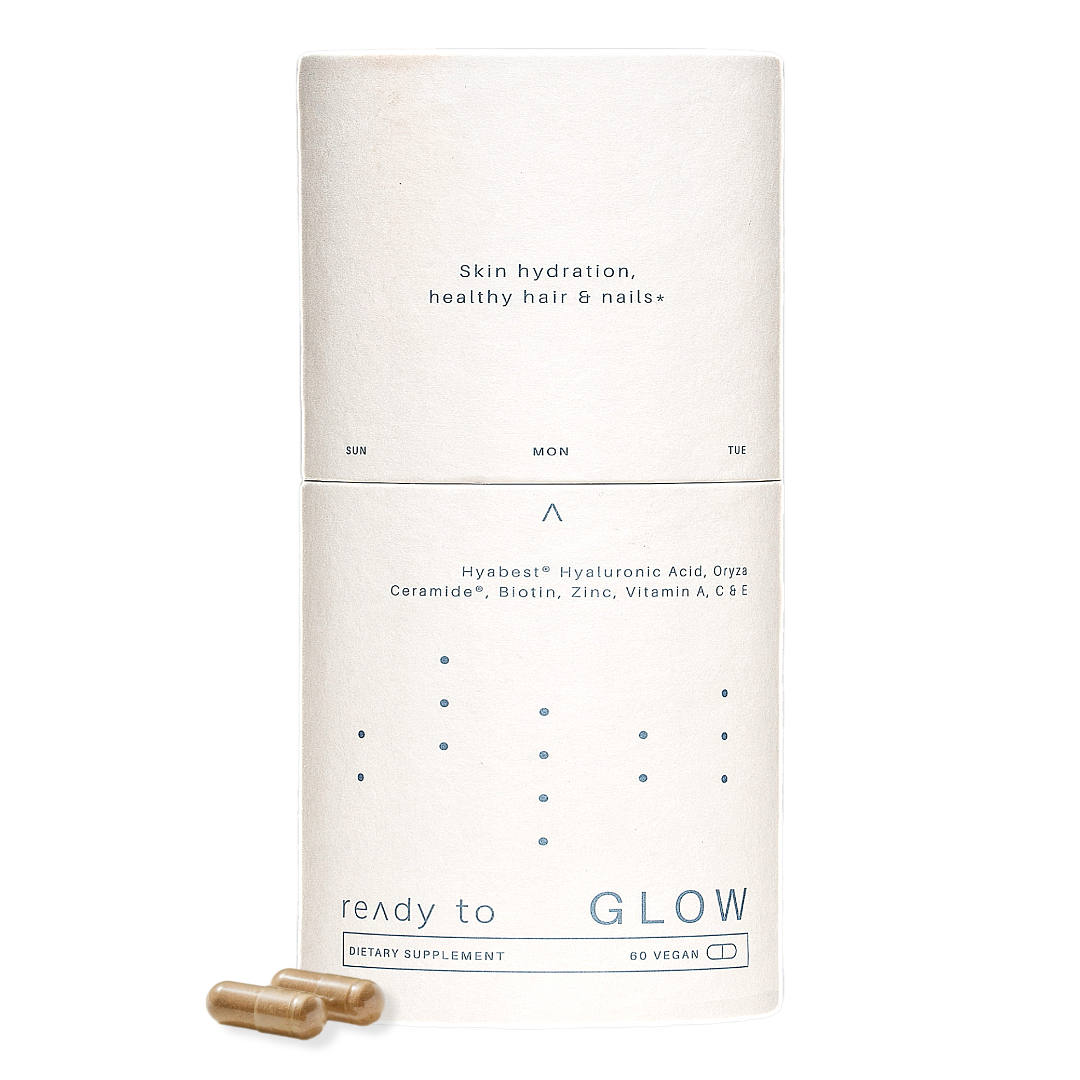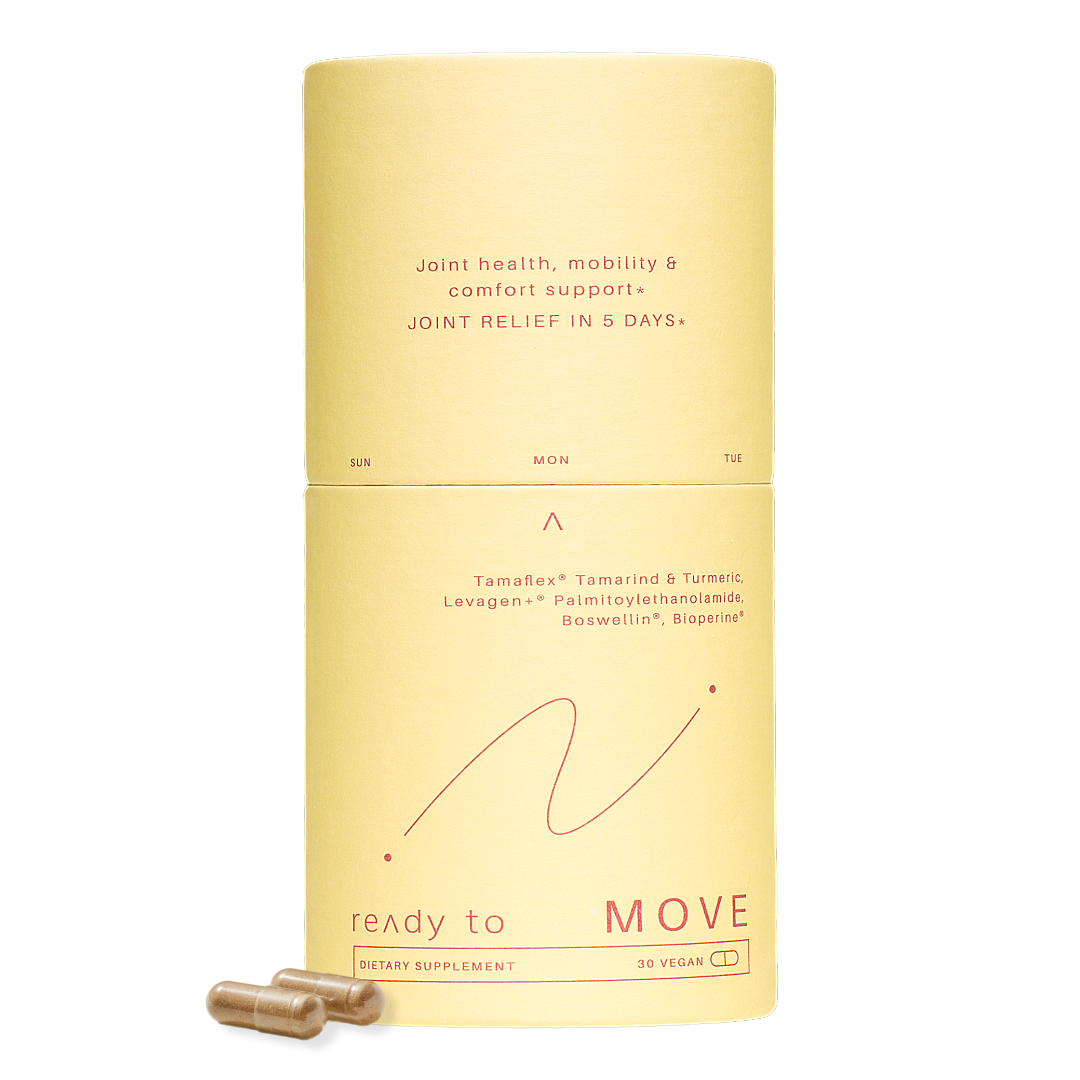The Power of Ashwagandha: A Scientific Exploration into Stress Reduction and Improved Sleep

In recent years, the quest for holistic well-being has led many individuals to explore traditional remedies for stress and sleep-related issues.
One such herbal adaptogen that has gained significant attention is Ashwagandha (Withania somnifera). With a rich history in Ayurvedic medicine, Ashwagandha is celebrated for its potential to alleviate stress and promote better sleep. In this blog post, we'll delve into the scientific research supporting the effects of Ashwagandha on stress reduction and improved sleep.
Ashwagandha, also known as Indian ginseng or winter cherry, is a small shrub native to India and North Africa. Its root has been used for centuries in traditional medicine to enhance vitality and longevity. In recent times, modern science has turned its attention to Ashwagandha, uncovering a plethora of potential health benefits.
Numerous studies have explored the adaptogenic properties of Ashwagandha, which are believed to help the body cope with stress and maintain balance.
A randomized, double-blind, placebo-controlled study published in the Indian Journal of Psychological Medicine (1) found that individuals taking Ashwagandha extract experienced a significant reduction in stress and anxiety levels compared to the placebo group.
The key bioactive compounds in Ashwagandha, including withanolides and sitoindosides, are thought to modulate the body's stress response by regulating cortisol levels. Cortisol, often referred to as the "stress hormone," plays a crucial role in the body's fight-or-flight response.
Quality sleep is essential for overall health, and disruptions in sleep patterns can contribute to stress and anxiety.
Ashwagandha has been investigated for its potential to improve sleep quality. A study published in Cureus (2) examined the impact of Ashwagandha on sleep in individuals with insomnia. The results suggested that Ashwagandha supplementation led to better sleep onset, duration, and improved sleep quality.
The sedative effects of Ashwagandha may be attributed to its ability to enhance the production of gamma-aminobutyric acid (GABA), a neurotransmitter that promotes relaxation and reduces neuronal excitability.
While Ashwagandha shows promise in stress reduction and sleep improvement, it's important to approach herbal supplements with caution.
Consulting with a healthcare professional before incorporating Ashwagandha into your routine is advisable, especially if you are taking medications or have pre-existing health conditions.
In conclusion, the scientific literature on Ashwagandha supports its potential as a natural remedy for stress and sleep-related issues. As ongoing research continues to unveil the intricacies of this ancient herb, individuals seeking a holistic approach to well-being may find Ashwagandha to be a valuable ally in their journey toward a balanced and rejuvenated life.
Kate Ong
Kate is a student at the University of Pennsylvania studying Economics and English. She is originally from the Philippines and joined the Ready To team in 2023. She is passionate about transparency and ingredient traceability.
DATE
May 10, 2024










